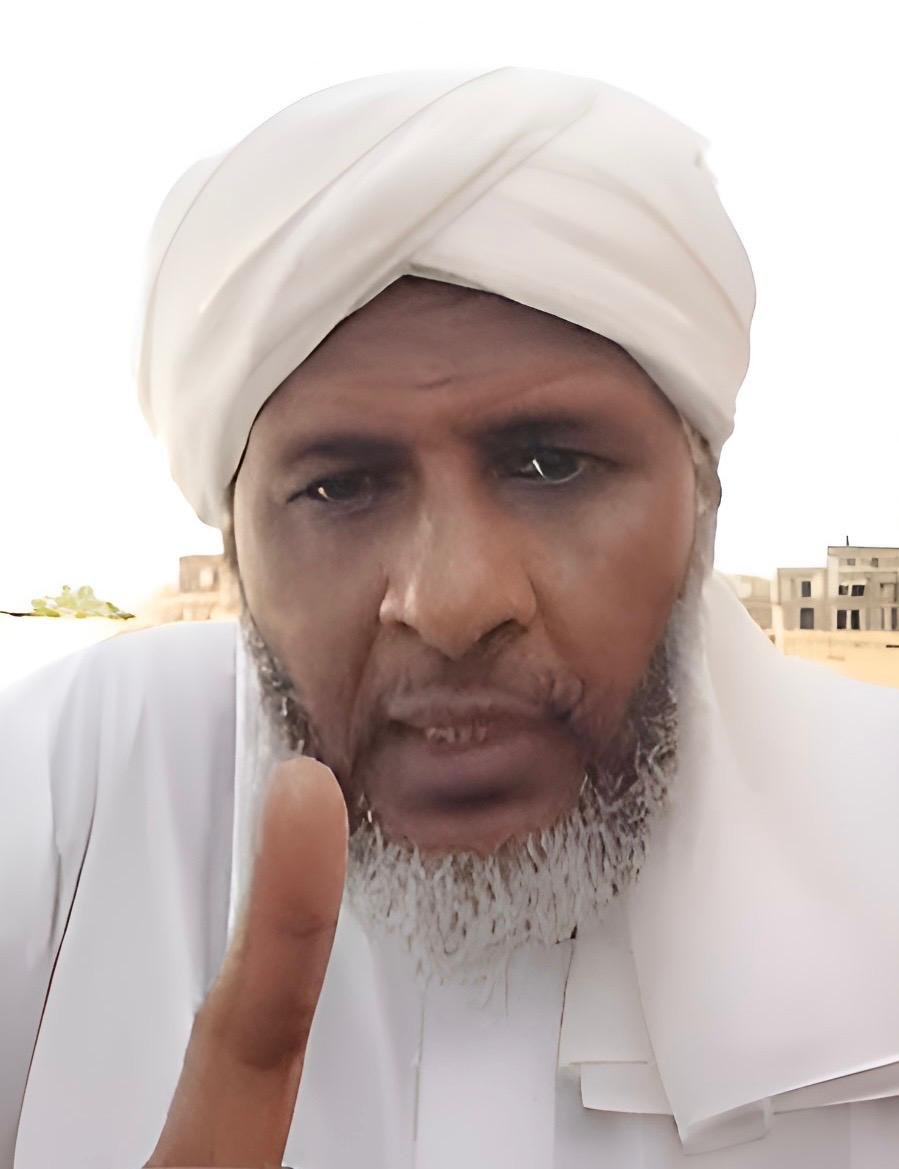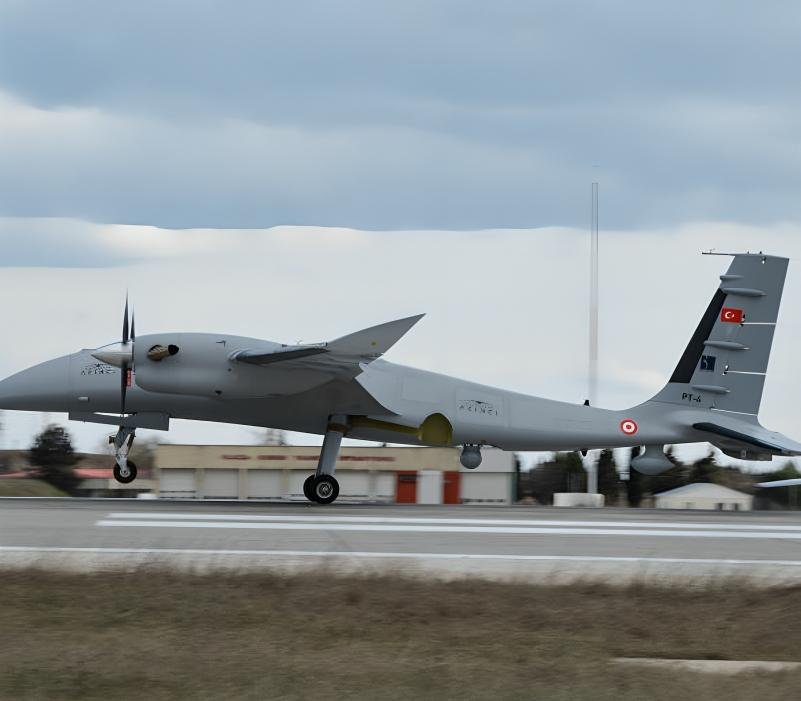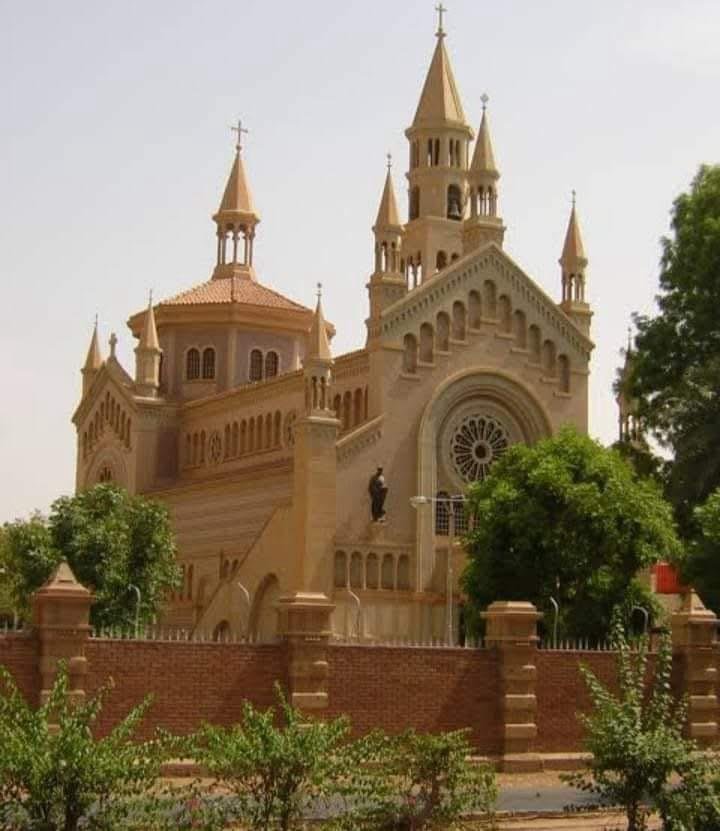Report: SPT
Under the title “The Forgotten Sudan”, the editorial of Al-Naba, the official publication of the Islamic State (ISIS), was featured in its latest issue, No. 479, published on Thursday, January 23.
Al-Naba is the official newspaper of the extremist Islamist organization, globally classified as one of the most dangerous terrorist groups. Its first issue was published in early 2014, and it has continued to be released weekly to this day.
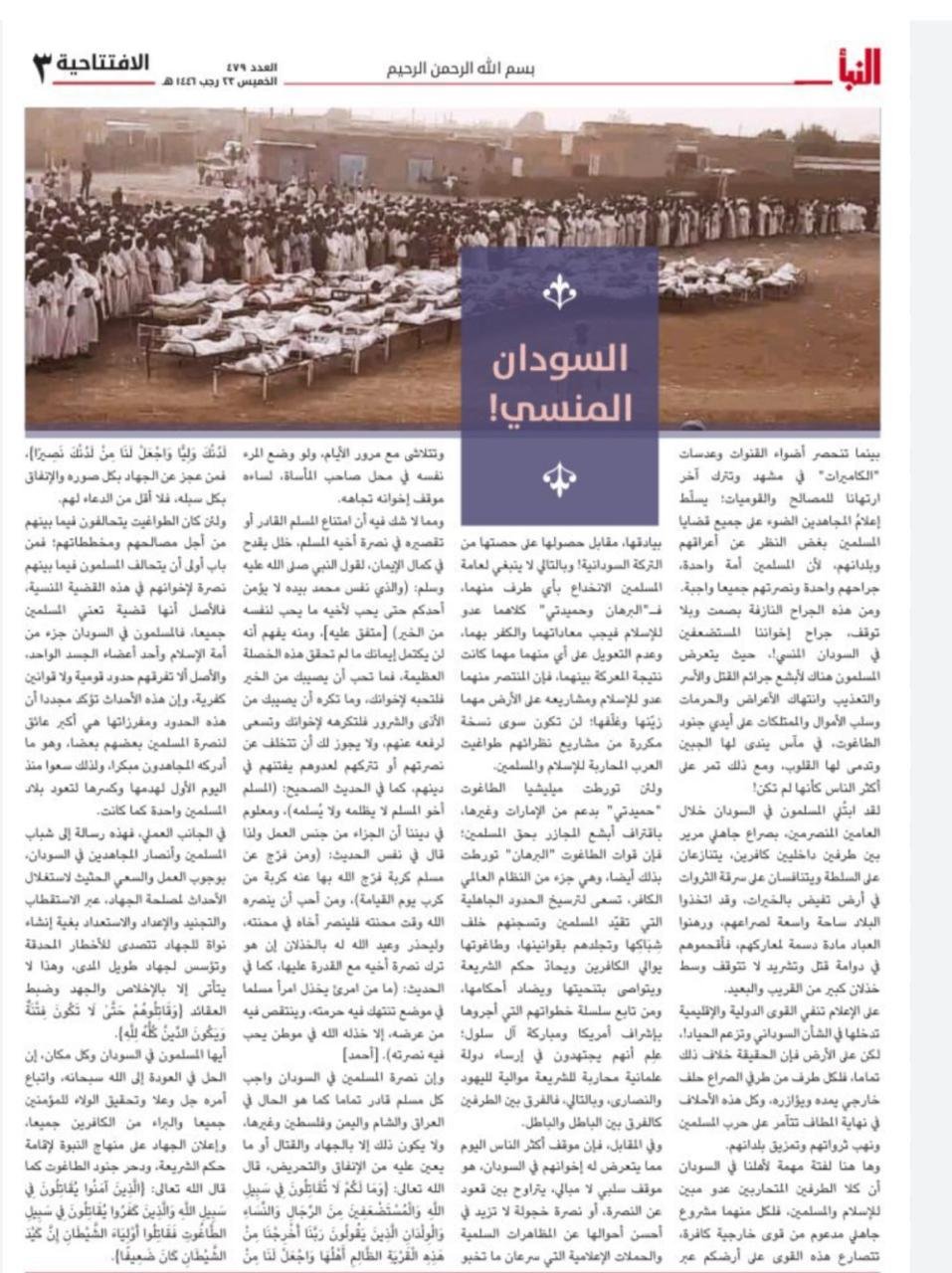
Jihad in Sudan
In its publication, the organization called for exploiting the state of war and chaos in Sudan to further the cause of jihad, transforming the conflict from a military confrontation with complex political, economic, and social dimensions—entangled with authoritarian tendencies, self-interests, and external interventions—into an armed clash between Islam and disbelief, in line with its ideological perspective and expansionist goals.
The publication is lengthy and filled with digressions and repeated use of extremely radical religious rhetoric. However, the core of its message, as explicitly stated in the text, is to: “make every effort to exploit events in the interest of jihad.”
In practice, this means taking advantage of the fertile environment created by the war to foster terrorism. This environment includes the rampant distribution of weapons, calls for mobilization, the establishment of armed groups supporting the army—overseen by Islamists from the old regime, such as the “Popular Resistance”—and the proliferation of militias backed by the army. ISIS seeks to leverage all of this to arm, train, and organize its members, recruit more supporters, and ultimately declare jihad across Sudan after seizing control of a specific area. This would be followed by gradually expanding its control until a fully established ISIS province emerges, similar to what previously occurred in Mosul, Iraq, and Raqqa, Syria.
Hossam Haddad, a researcher specializing in political Islam, says:”ISIS’s editorial content is not limited to its members alone; it also seeks to attract a broader Muslim audience by stirring religious sentiments and exploiting the theme of “defending the oppressed.” The group portrays the war in Sudan as part of a wider pattern of persecution against Muslims in places like Palestine, Syria, and Iraq, aiming to create a sense of collective responsibility. To achieve this, it draws on Quranic verses and prophetic hadiths that emphasize jihad and the duty to support fellow Muslims.’”
ISIS Within the War
Sudan has become a fertile ground for the rapid expansion of ISIS’s influence, making it a unique case compared to other regions worldwide. This is largely due to the presence of well-armed Islamist jihadist brigades and militias fighting alongside the army, such as the Baraa bin Malik Brigade, Al-Furqan Brigade, and Al-Barq Al-Khatif Brigade. Members of these brigades adhere to the same extremist ideology and chant the same fervent jihadist anthems. In fact, some of these fighters have previously fought alongside ISIS in Libya and Somalia.
On June 16, 2023, two months after the outbreak of war, dozens of militants from these Islamist jihadist brigades were killed while battling the Rapid Support Forces (RSF) from within the Sudanese Army’s Armored Corps base in southern Khartoum. Among the dead were three Sudanese jihadist leaders: Ayman Omar, Babiker Abu Al-Qasim, and Mohammed Al-Fadl Abdel Wahid. The latter was known for his hardline religious views and had previously fought with ISIS in Libya and with Al-Shabaab in Somalia. He was also regarded as an influential young leader within the Sudanese Islamic Movement. His death was mourned by Ali Karti, the Secretary-General of the Islamic Movement, who was sanctioned by the United States in September 2023 for supporting the continuation of the war.
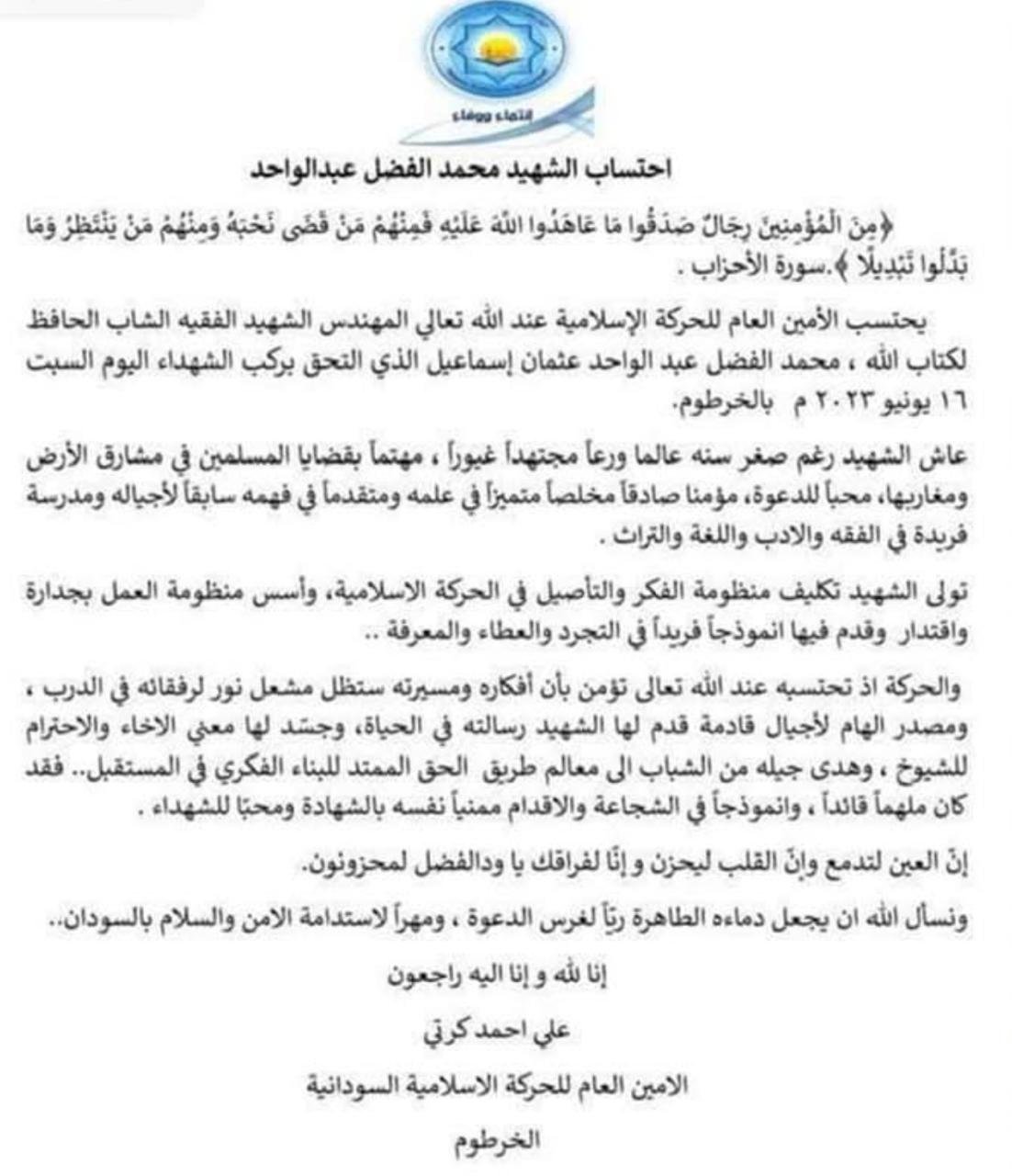
On January 15 of this year, four days after the army recaptured Wad Madani, the capital of Al-Jazira State, from the RSF, a member of an extremist religious group allied with the army appeared in a video holding a rifle and pointing at a Sufi shrine, claiming that the shrine represented a manifestation of heresy” and should be destroyed.
A researcher specializing in Sudanese jihadist movements, who requested anonymity for security reasons, confirmed that the individual in the video is named Mohammed Ibrahim, a member of an extremist religious group loyal to ISIS.
The researcher further noted that multiple indicators confirm the involvement of extremist religious groups within the Islamist brigades fighting alongside the army, stating: “The atrocities committed in this war—such as beheadings, disembowelment, chaining young men and throwing them into the Nile, and the humiliation and beating of women—mirror the brutal tactics long associated with ISIS and Al-Qaeda.”
A convicted Extremist Returns to War
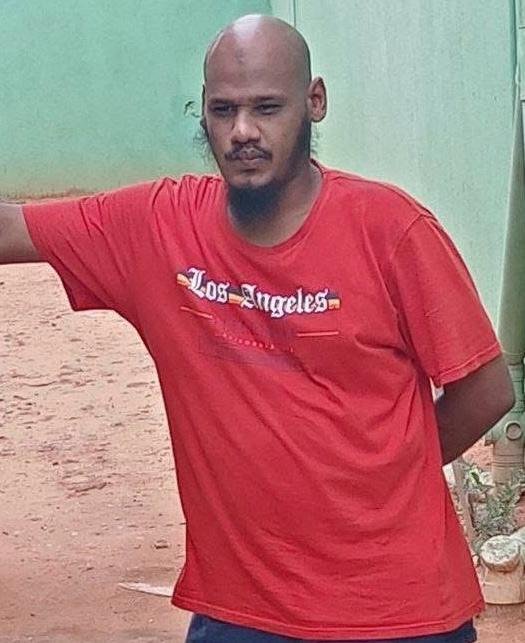
We have received information from two sources indicating that Abdul Raouf Abu Zaid Hamza—one of four Islamic extremists convicted in the assassination of John Granville, a high-ranking official at the United States Agency for International Development (USAID) on New Year’s Eve 2008—has returned to participate in the war alongside the military. Hamza had been involved in the war since its inception, but his activities were halted by General Abdel Fattah al-Burhan, the army commander, at the beginning of last year after information leaked through social media. Hamza himself confirmed this in a post on his Facebook page.
Sources indicate that he has returned to the battlefield, though we have been unable to verify this through other channels. However, we found a post on his Facebook page dated October 24 of last year, the same month sources claim he resumed fighting alongside the military.
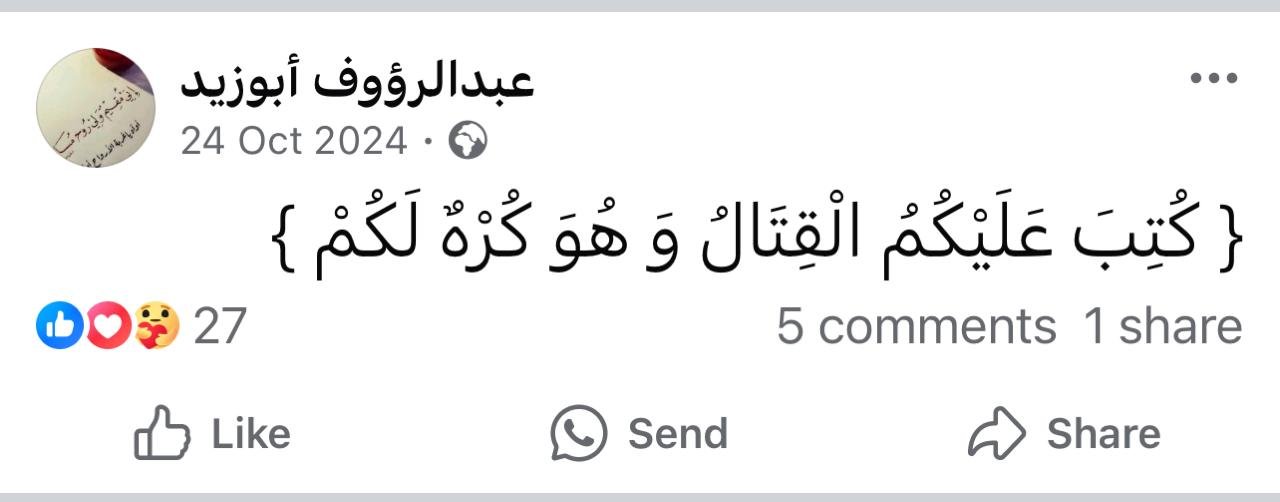
In the post, he shared a Quranic verse related to combat, justifying participation in the war out of necessity—a move many have interpreted as his declaration of involvement in the conflict.
The Forgotten Emir
The coup led by General Abdel Fattah al-Burhan, head of the Sudanese Armed Forces, and General Mohamed Hamdan Dagalo (Hemedti), leader of the Rapid Support Forces, against the civilian transitional government headed by Prime Minister Abdalla Hamdok on October 25, 2021, marked the true beginning of an era of chaos. Islamists, backed by the coup authorities, seized control of the streets, marking the peak of their resurgence as they reorganized their ranks to reclaim power.
During this period, on February 2, 2022, Abu Huzaifah al-Sudani, a prominent leader within the terrorist organization Al-Qaeda, issued a manifesto in the form of a book titled “The Forgotten Emir”, entirely dedicated to Sudan. In it, he called on the organization’s supporters to exploit the existing conditions in the country to establish militias and battalions loyal to the group in Khartoum and beyond. Published by the Al-Qaeda-affiliated media wing, “Bayt al-Maqdis Media”, the book contained a cryptic message addressed to an unnamed individual, referred to as “The Forgotten Emir” and “Zarqawi of Sudan”. Abu Huzaifah tasked this figure with overseeing the mission and preparing jihadist groups across the nation.
Speaking to a researcher specializing in jihadist movements, we learned that several jihadists were questioned about the identity of The Forgotten Emir and Zarqawi of Sudan, as mentioned in Abu Huzaifah’s book. However, none disclosed his name. The researcher added, “They told me he is a seasoned Sudanese mujahid, a veteran of the Afghan-Soviet war, who enjoys the trust of the terrorist organization’s leadership. He has returned to Sudan and lives in Khartoum, away from the spotlight.”
On October 17, 2022, Bayt al-Maqdis published another book by Abu Huzaifah titled “Now the Fight Has Come: War Messages to the Mujahideen in Sudan”, reiterating the call to establish Sudan as a primary base for jihad operations.
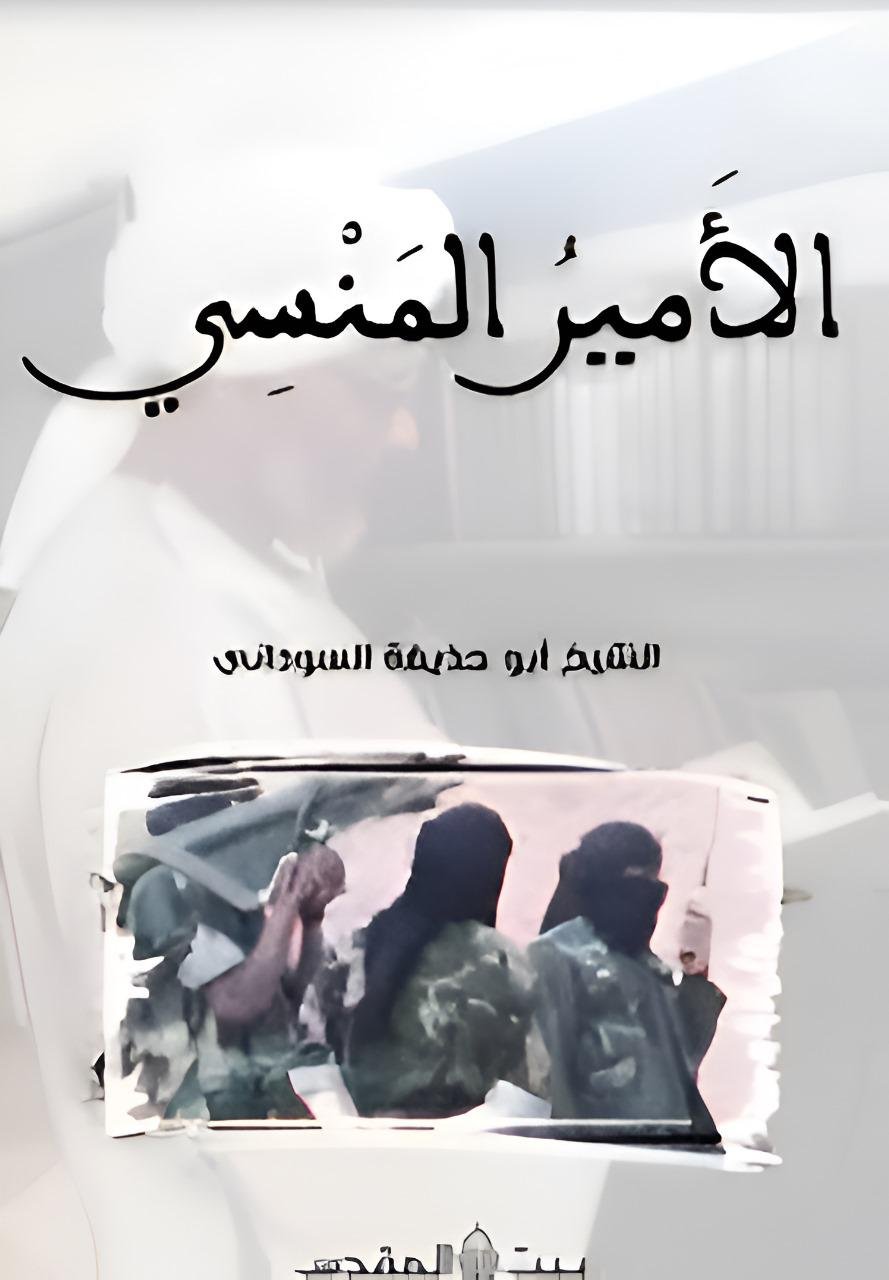
According to sources, Abu Huzaifah al-Sudani has recently been residing near Idlib in northern Syria. He is a key figure within Guardians of Religion, an Al-Qaeda affiliate in Syria designated as a terrorist organization by the United States. The group announced its dissolution just days ago, following a call by the newly established Syrian authority, led by Ahmed al-Shara (also known as Abu Mohammad al-Julani), to disband armed factions in Syria.
The pressing question now is whether Sudan will become a new hub for extremist Islamist organizations such as ISIS and Al-Qaeda, turning the country into a destination for terrorists, a center for their operations, and a key transit point. This concern arises amid the potential return of Islamists to power by leveraging the military’s strength and the growing influence of their radical militias, which now wield greater control over military decision-making than the army itself?.

